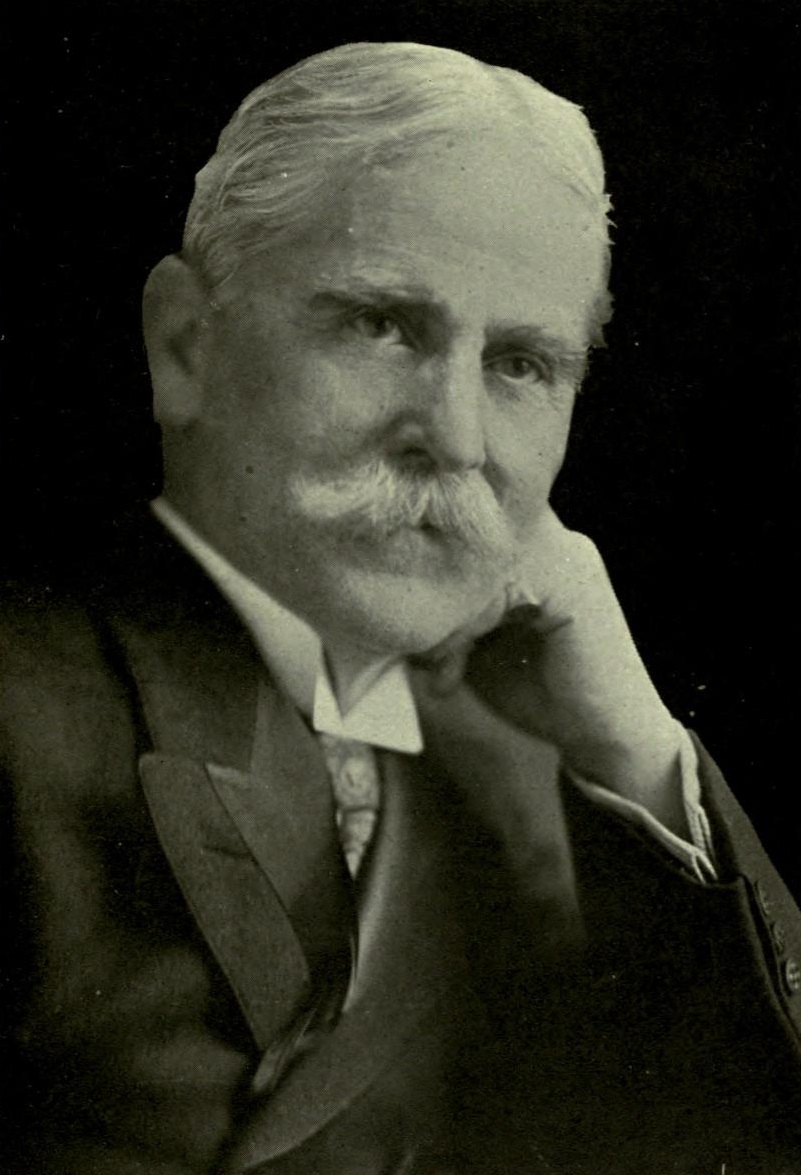„Przyjaciele przychodzą i odchodzą, lecz liczba wrogów tylko rośnie.”
Źródło: Roman Tokarczyk, Przykazania etyki prawniczej
Henry van Dyke – amerykański pastor, pisarz i pedagog, członek Amerykańskiej Akademii Sztuki i Literatury.
Ukończył studia na Uniwersytecie Priceton w 1873 r. i na Princetown Theological Seminary. W l. 1899-1923 był profesorem literatury angielskiej w Princetown, a w l. 1908-1909 - wykładowcą na Uniwersytecie w Paryżu.
Biografia van Dyke’a została opublikowana przez jego syna - Tertiusa van Dyke’a - w 1935 r.
Wikipedia

„Przyjaciele przychodzą i odchodzą, lecz liczba wrogów tylko rośnie.”
Źródło: Roman Tokarczyk, Przykazania etyki prawniczej
The Toiling of Felix, Pt. III, st. 1 (1898).
The following information is from the following site: http://pt.wikiquote.org/wiki/Talento , the fourth entry, which gives the citation as (( Henry van Dyke quoted in "Handicapped Individuals Services and Training Act: hearing before the Subcommittee on Select Education of the Committee on Education and Labor, House of Representatives, Ninety-seventh Congress, second session, on HR 6820 … hearing held in St. Paul, Minn., and Loretto, Minn. on September 2, 1982. "-. 223 Page, United States. Congress. House. Committee on Education and Labor. Subcommittee on Select Education - USGPO, 1982 - 257 pages ))
Quoted by Tor Dahl in the document cited https://hdl.handle.net/2027/pur1.32754076335276?urlappend=%3Bseq=229.
A very similar quote appears in an essay entitled "Do What You Can" by "Little Home Body" in the The Phrenological Journal and Life Illustrated, Volumes 62-63 (August 1876): "The woods would be very silent if no birds sang there but those that sang best" but states "I know not who said those beautiful words"
However, the quote may have been misattributed to Henry Van Dyke. In "The Two Vocations or the sisters of mercy at home" by Elizabeth Charles (1858) p.34 the following appears: "'Dear Jean', she said,'the woods would be very silent if no bird sang but those that sing best' "
Attributed